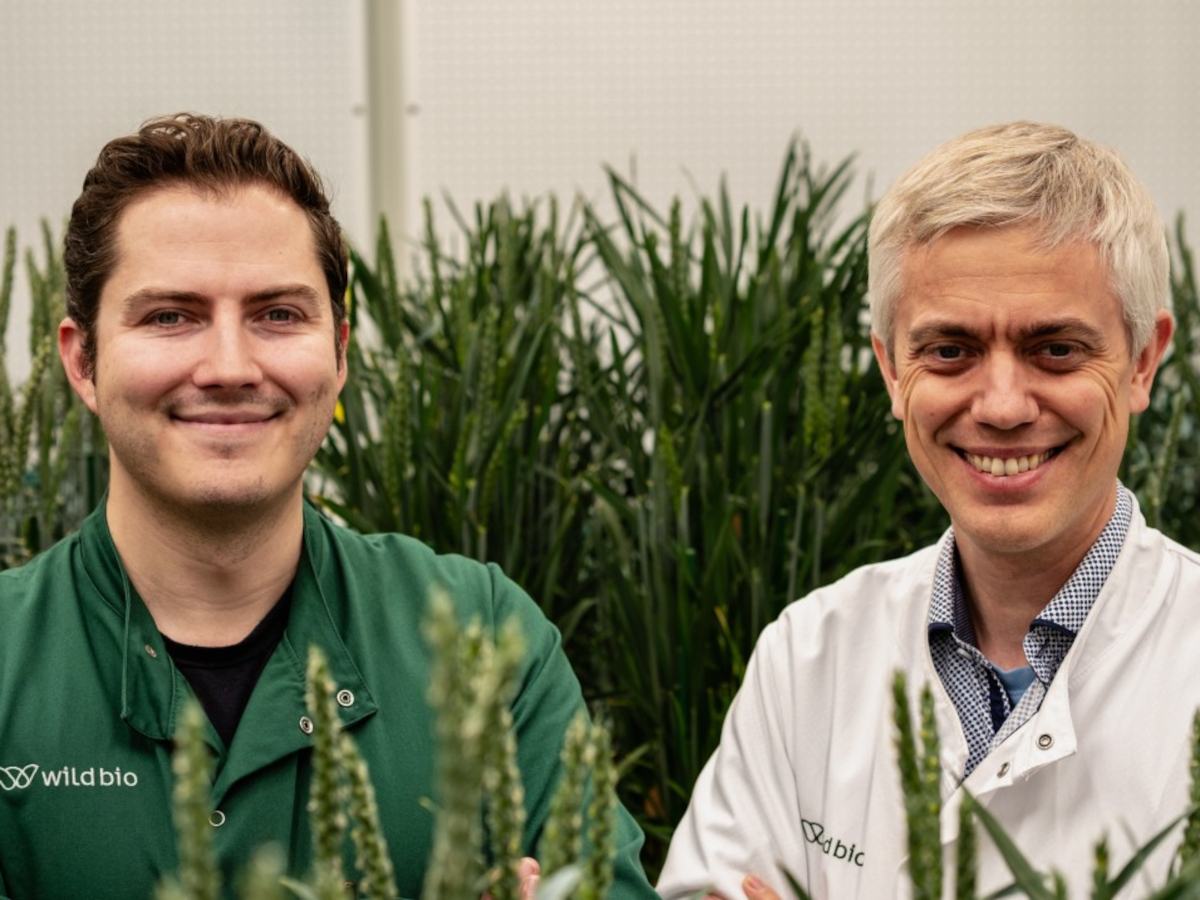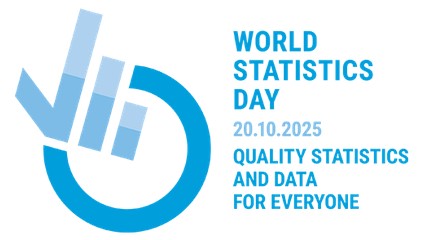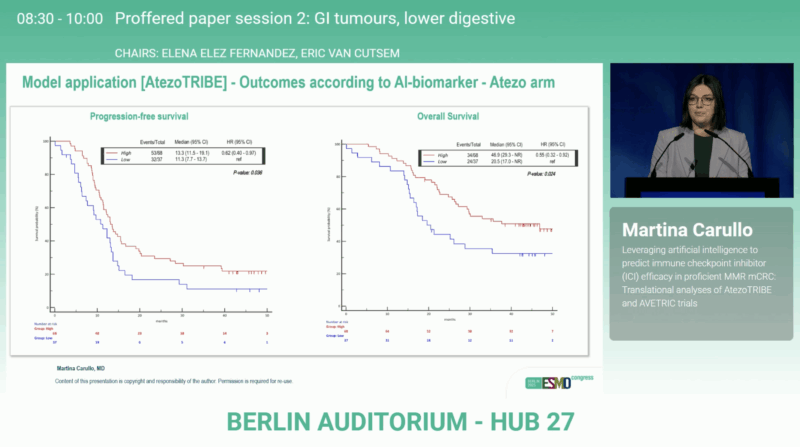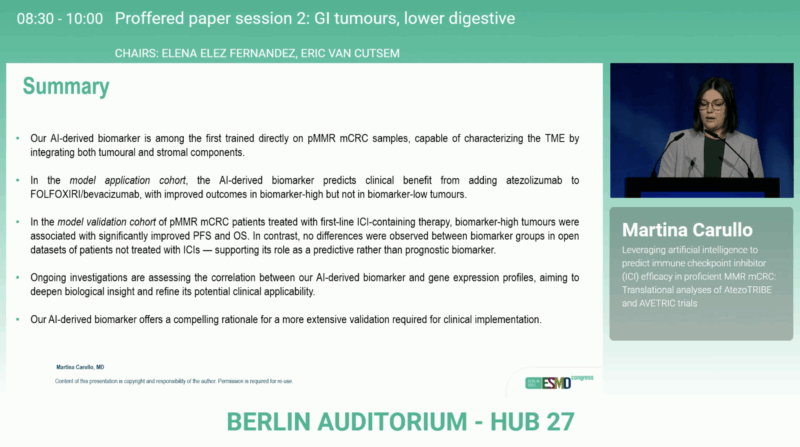Wild Bioscience (Wild Bio) the Irish co-founded Oxford spinout that aims to improve crop varieties sustainably has raised $60m in an EIT-led round.
Co-founded by Irish man Prof Steve Kelly, the Wild Bio $60m Series A round was led by the Ellison Institute of Technology (EIT), to help advance the spin-out’s mission to develop improved crop varieties using AI and precision breeding. Other participants included existing investors Oxford Science Enterprises (OSE), Braavos Capital, and the University of Oxford.
Wild Bio specialises in crop genetics, using a data-driven approach to “improve crop productivity, climate resilience, and agricultural sustainability”.
“The Wild Bio platform deciphers hundreds of millions of years of plant evolution to identify promising genetic improvements from wild species,” according to the company. “These evolutionary innovations are then used to guide precision breeding strategies for modern elite crop varieties.”
Wild Bio has its origins in the University of Oxford, from where founders Dr Ross Hendron and Irishman Prof Steve Kelly spun out the business in 2021, in order to move their scientific research out of the lab and onto the farm. Today the company has a team of 30 in their Oxford headquarters, and has field trials in four countries.
“Advancing agriculture has limitless potential to help people and the planet,” said Dr Ross Hendron, Co-founder and CEO of Wild Bio. “So to achieve meaningful, scalable impact, we need the right investors who are truly aligned with that big vision. I’m deeply grateful to EIT and to our current investors for sharing our excitement about what we’ve accomplished so far, and for their united support as we embark on this ambitious growth journey together.”
His co-founder and Wild Bio chief science officer, Prof Steve Kelly, who is also head of the Plant Biology Institute at EIT says that combining the research at EIT and Wild will “create a powerful synergy that could reshape sustainable agriculture on a global scale”.
“Together, we will accelerate our ability to bring new technologies to market and deliver innovative solutions that enhance crop resilience, boost yields, and promote environmental sustainability,” he said.
Founder of EIT Larry Ellison – better known to most as the chair of Oracle – welcomed the investment: “The ultimate goal is to grow these new crop varieties on a commercial scale and help provide food security around the world. EIT is committed to working with Wild Bio to reach this goal.”
Don’t miss out on the knowledge you need to succeed. Sign up for the Daily Brief, Silicon Republic’s digest of need-to-know sci-tech news.










